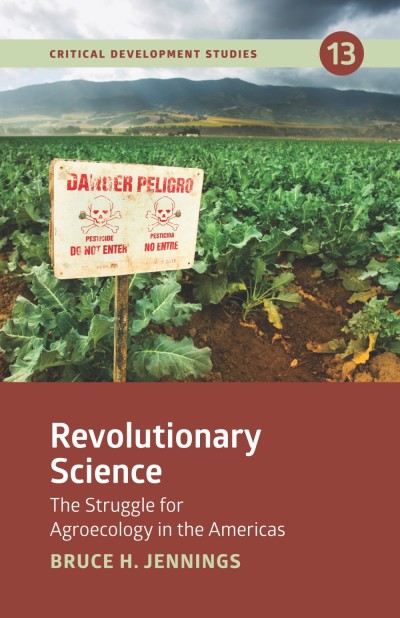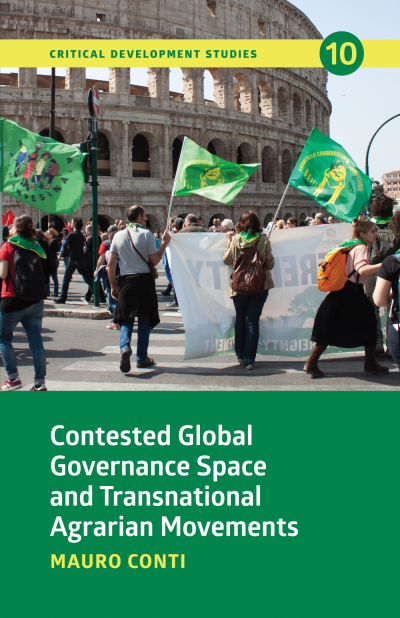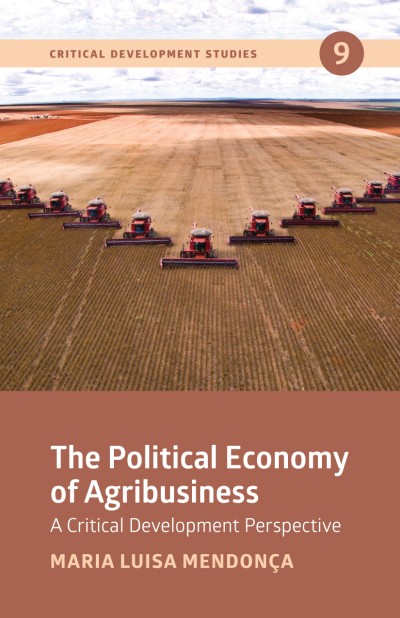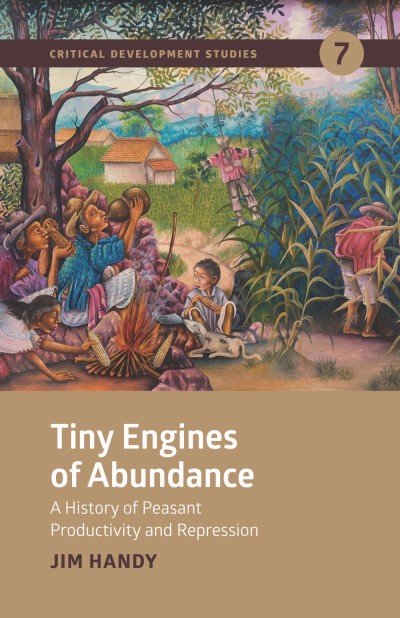
Agriculture and the Generation Problem
In this unique exploration of relations between the generations in agrarian societies, Agriculture and the Generation Problem examines the dynamics of the transfer of agrarian resources and opportunities between the generations in rural communities, and argues that we must take generational relations seriously if we are to understand the future of farming and the fate of future generations in rural areas.
About the book
Despite predictions that they are destined to disappear, smallholder or family farms still number more than 500 million worldwide, and account for more than 90 percent of all the world’s farm units and 80 percent of the world’s food. However, the world over, smallholder farmer populations are ageing, and many of them have no successor. Some young rural men and women are turning away from farming in favour of more urban livelihoods, but others, who would like to farm, are confronted by the narrowing and sometimes complete closure of access to land, along with other barriers to their entry into farming. This points to the need for attention to the dynamics of intergenerational relations in rural communities.
In this unique exploration of relations between the generations in agrarian societies, Agriculture and the Generation Problem examines the dynamics of the transfer of agrarian resources and opportunities between the generations in rural communities, and argues that we must take generational relations seriously if we are to understand the future of farming and the fate of future generations in rural areas.
What people are saying
Tania Li, University of Toronto“What will happen to tens of millions of rural youth in Asia and Africa who can’t march off to the city to find jobs, but whose pathways into productive farming futures are blocked? Ben White brings a wealth of insight, conceptual clarity and empirical depth to this urgent question. Highly recommended.”
Henry Bernstein, University of London“This little gem of a book explores the vexed question of the apparent global aversion of young people to becoming farmers. Richly illustrated with historical and contemporary examples, it demonstrates the complex links between class, gender and generational relations in agrarian households and communities, that are necessary to proper understanding of their generational reproduction.”
Contents
- Series Editors’ Foreword
- Acknowledgements
- The Generational Dimension in Agrarian Change
- Generationing Agrarian Transformations
- Growing Up Rural
- Waiting for Land
- Who Wants to Be a Farmer?
- Glossary
- Index



_cover-FINAL_400_618_90_s.jpg)









